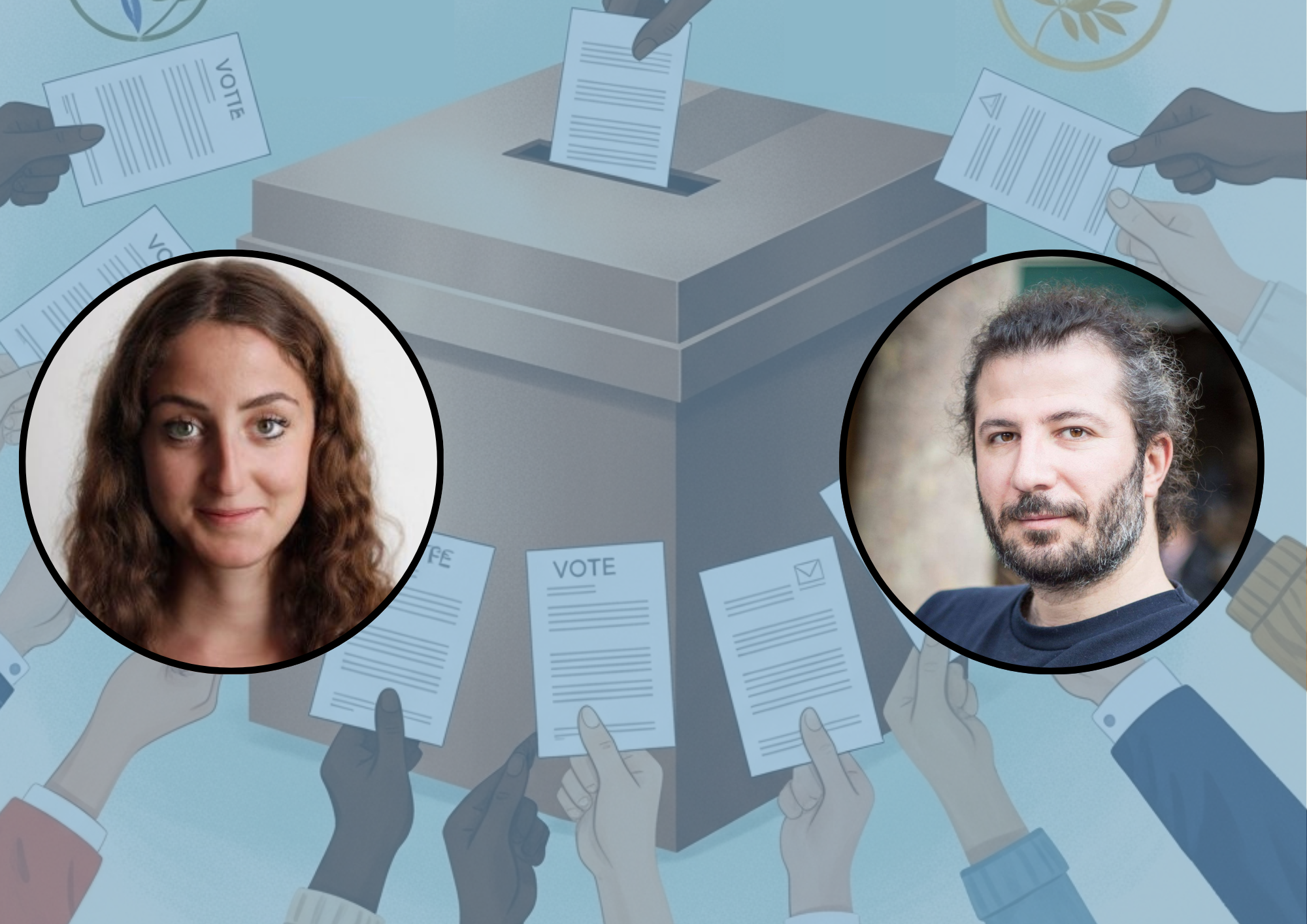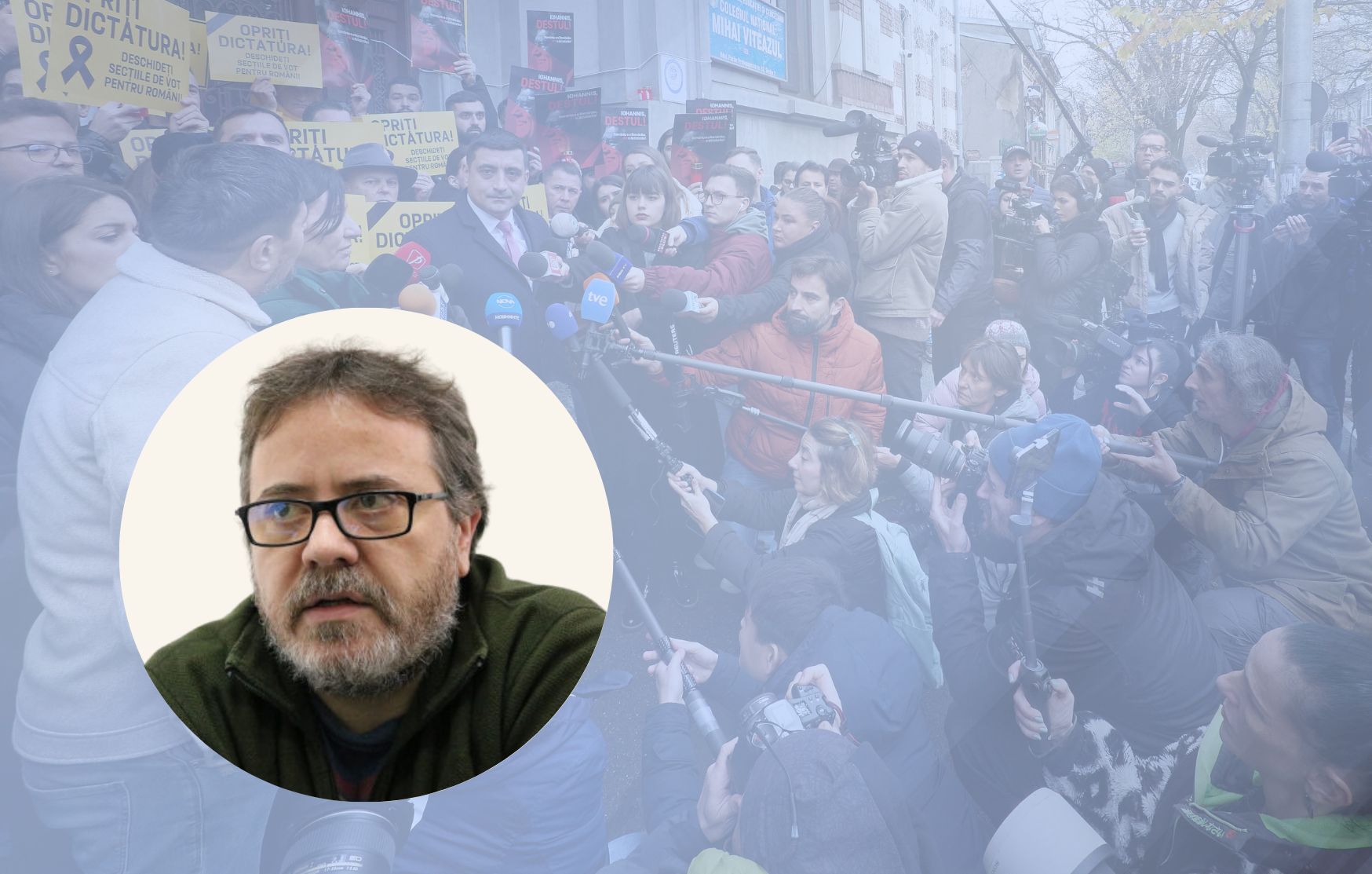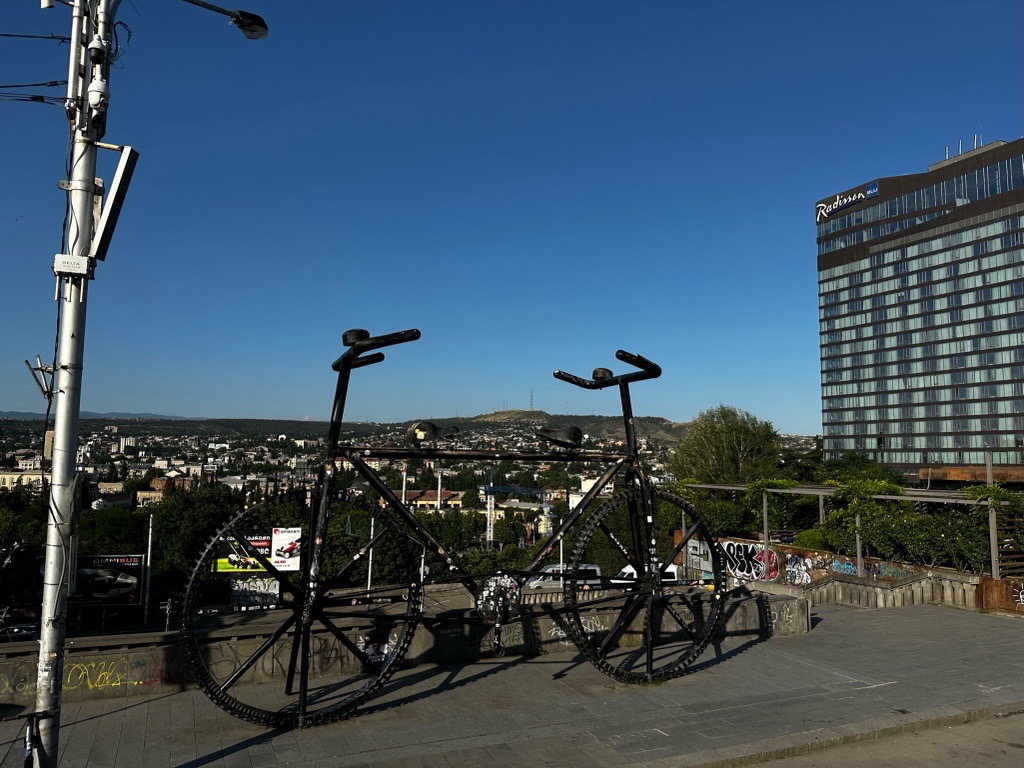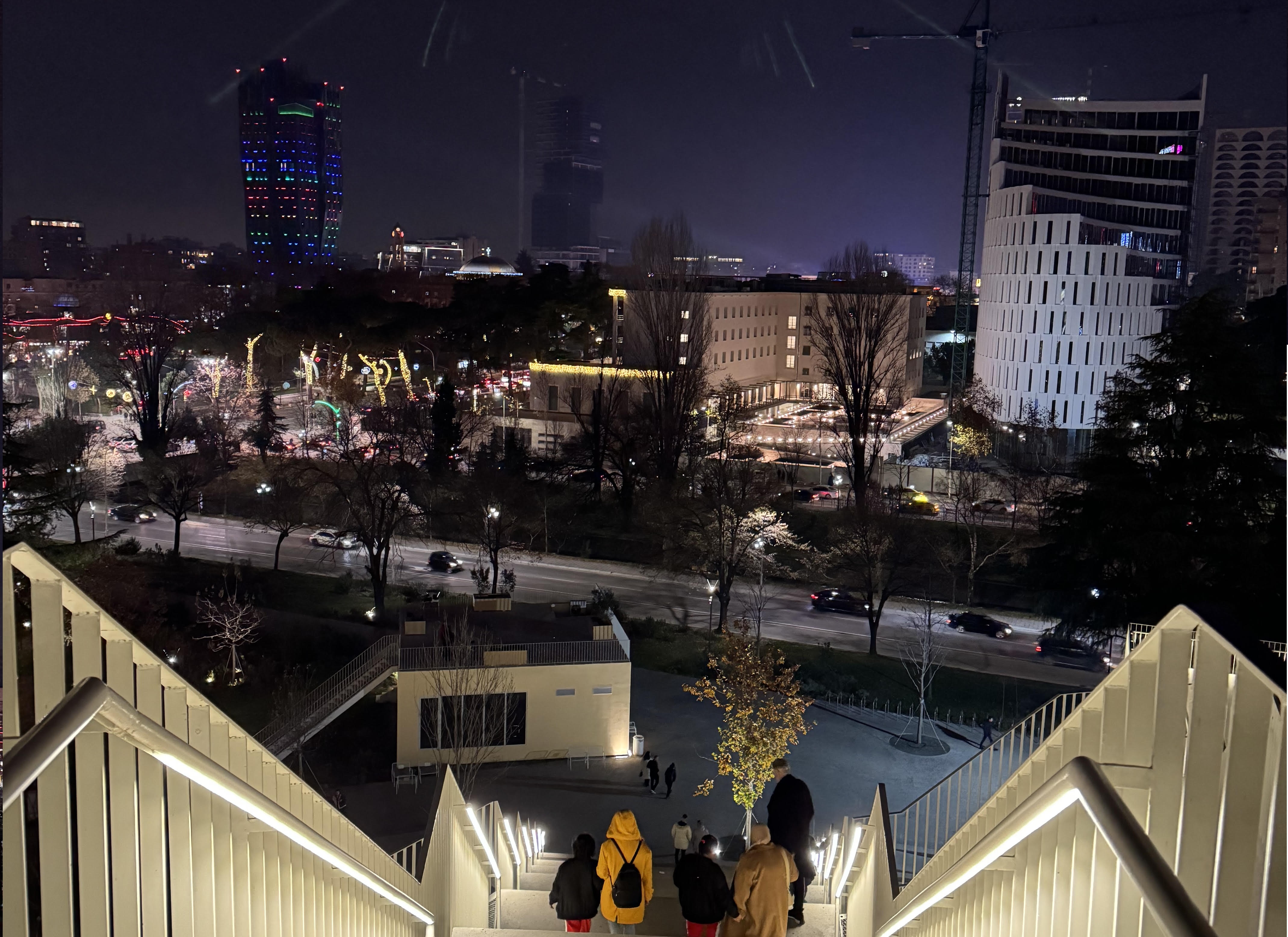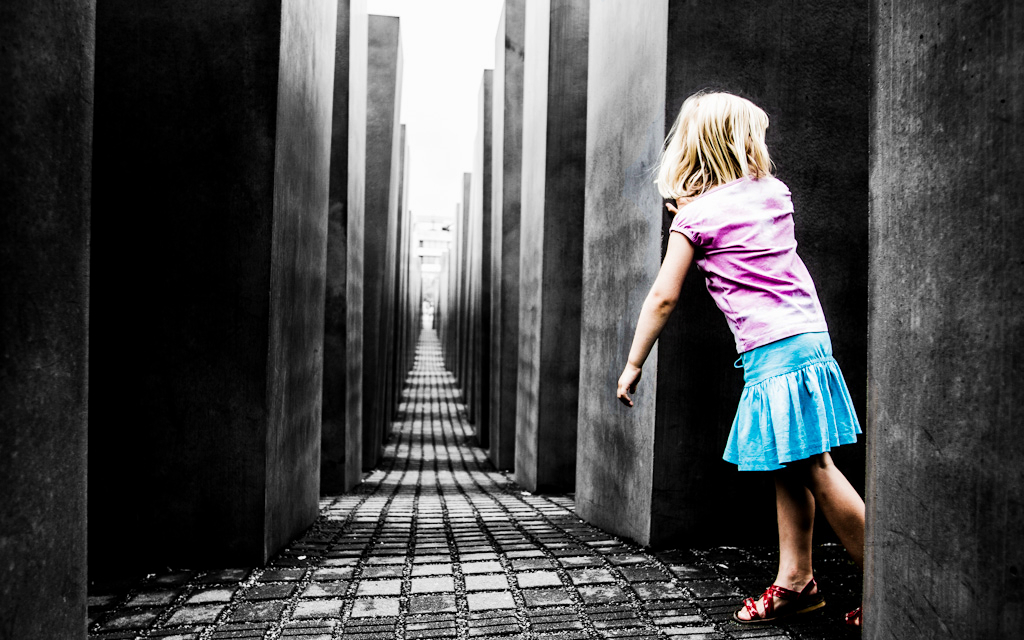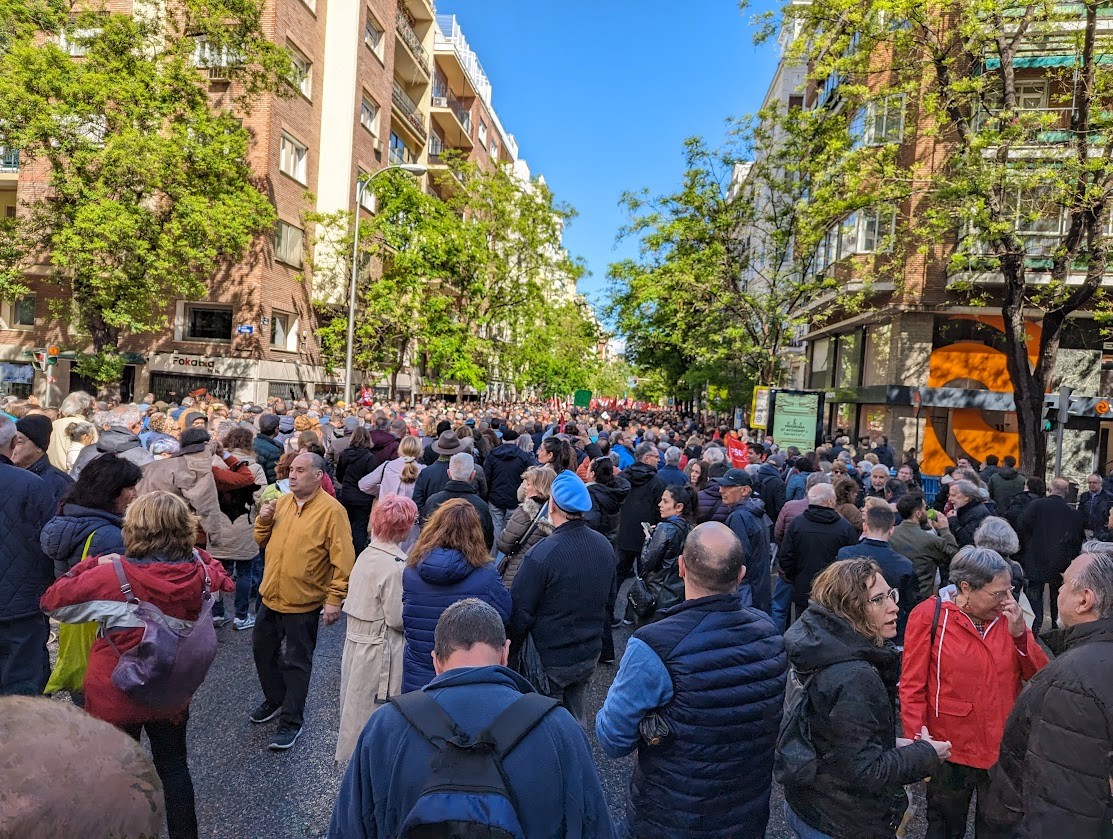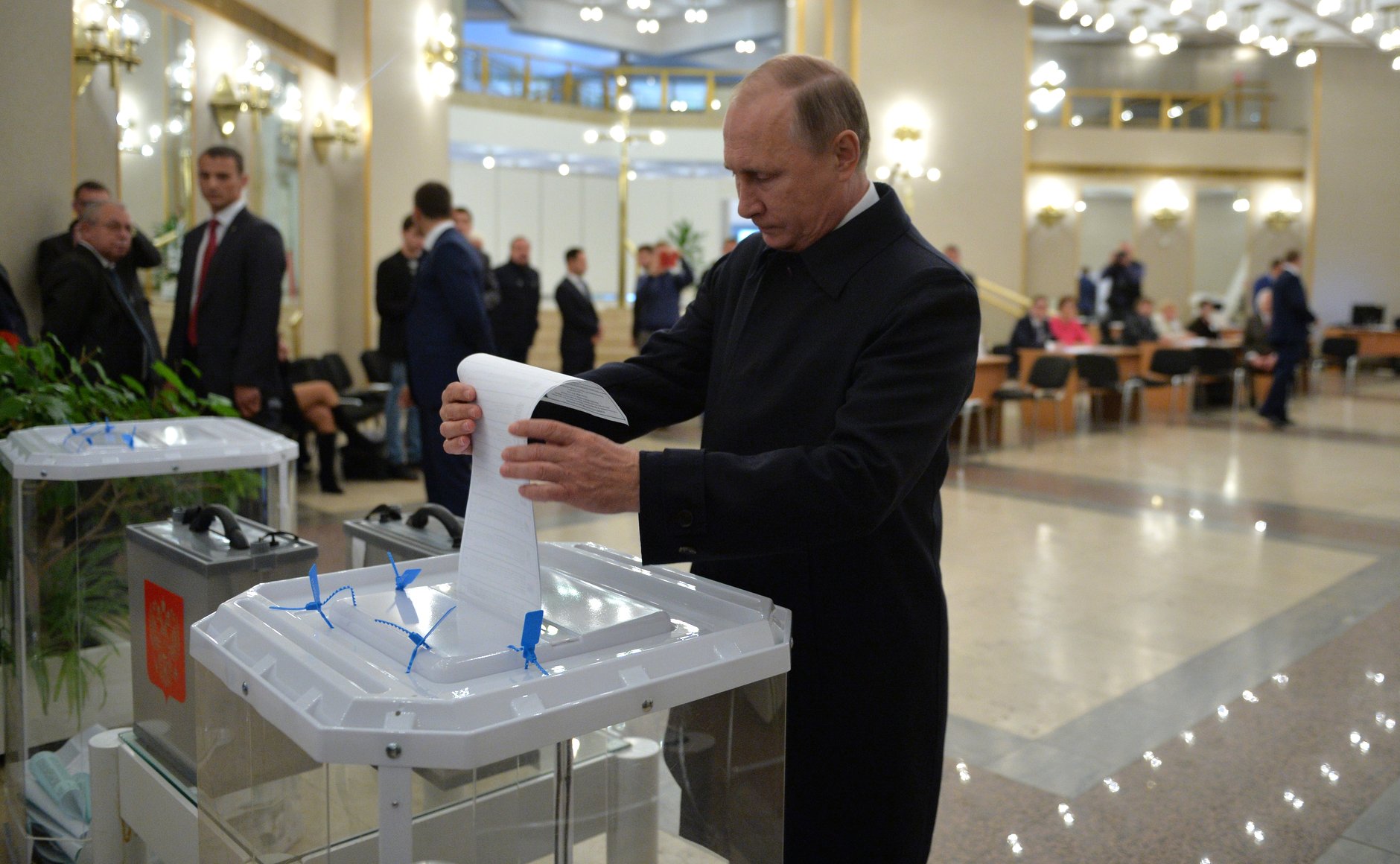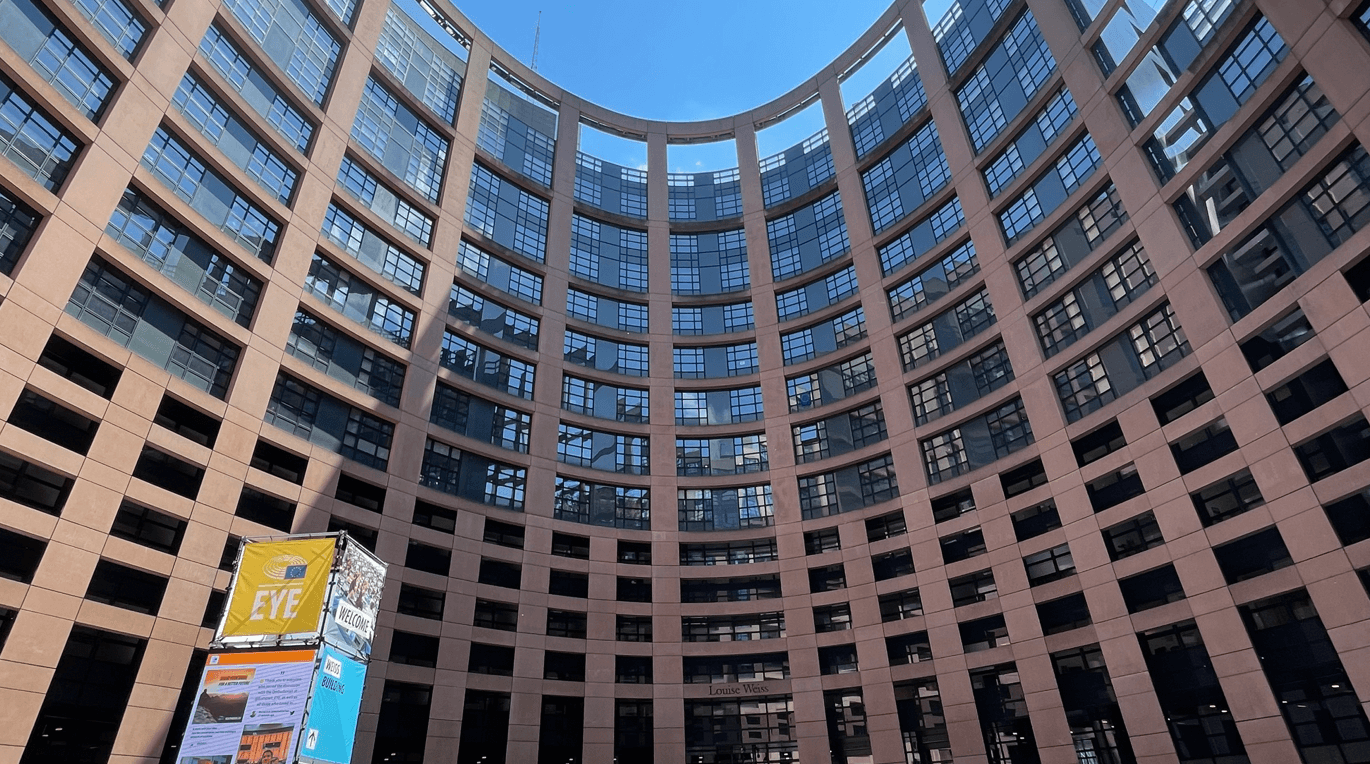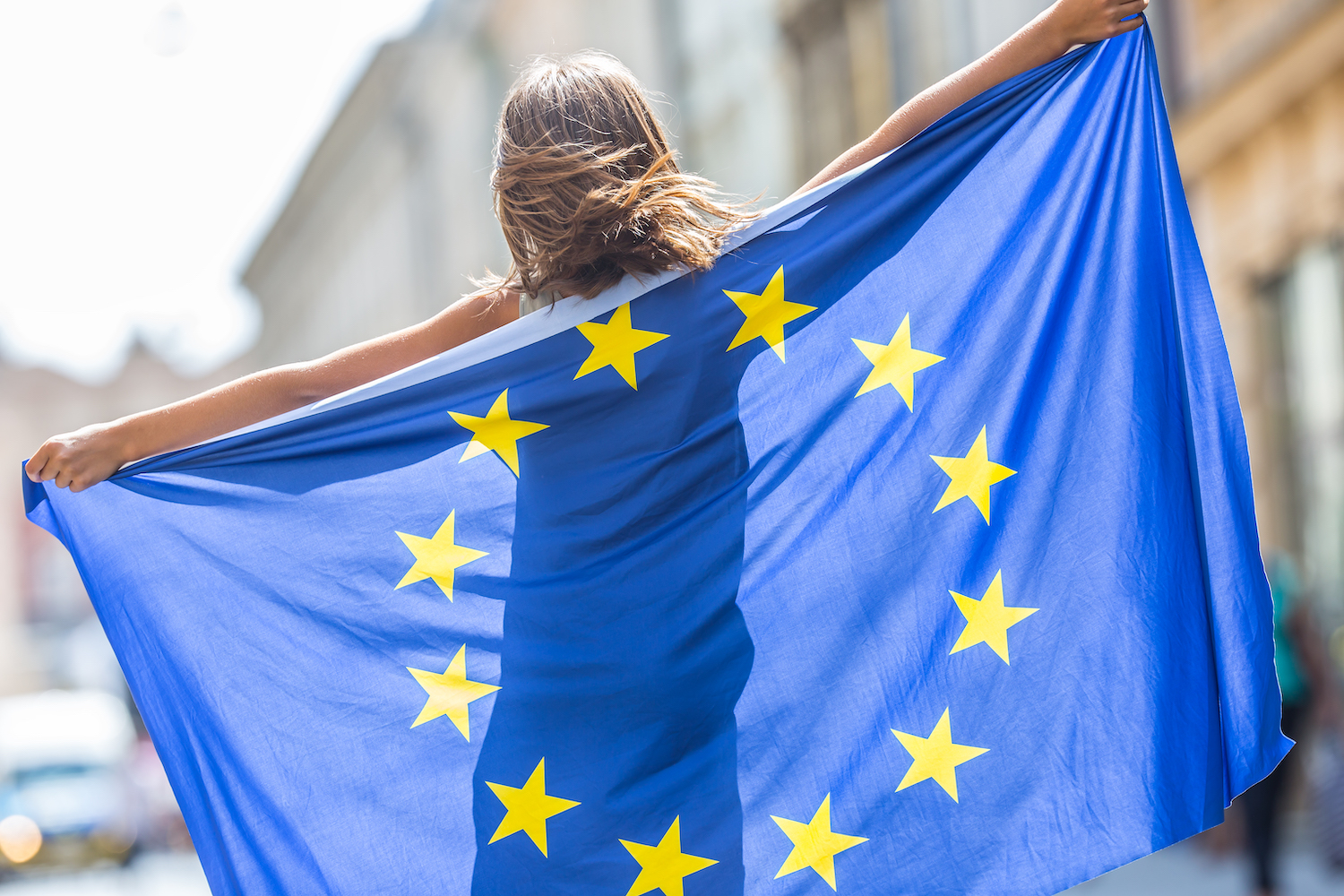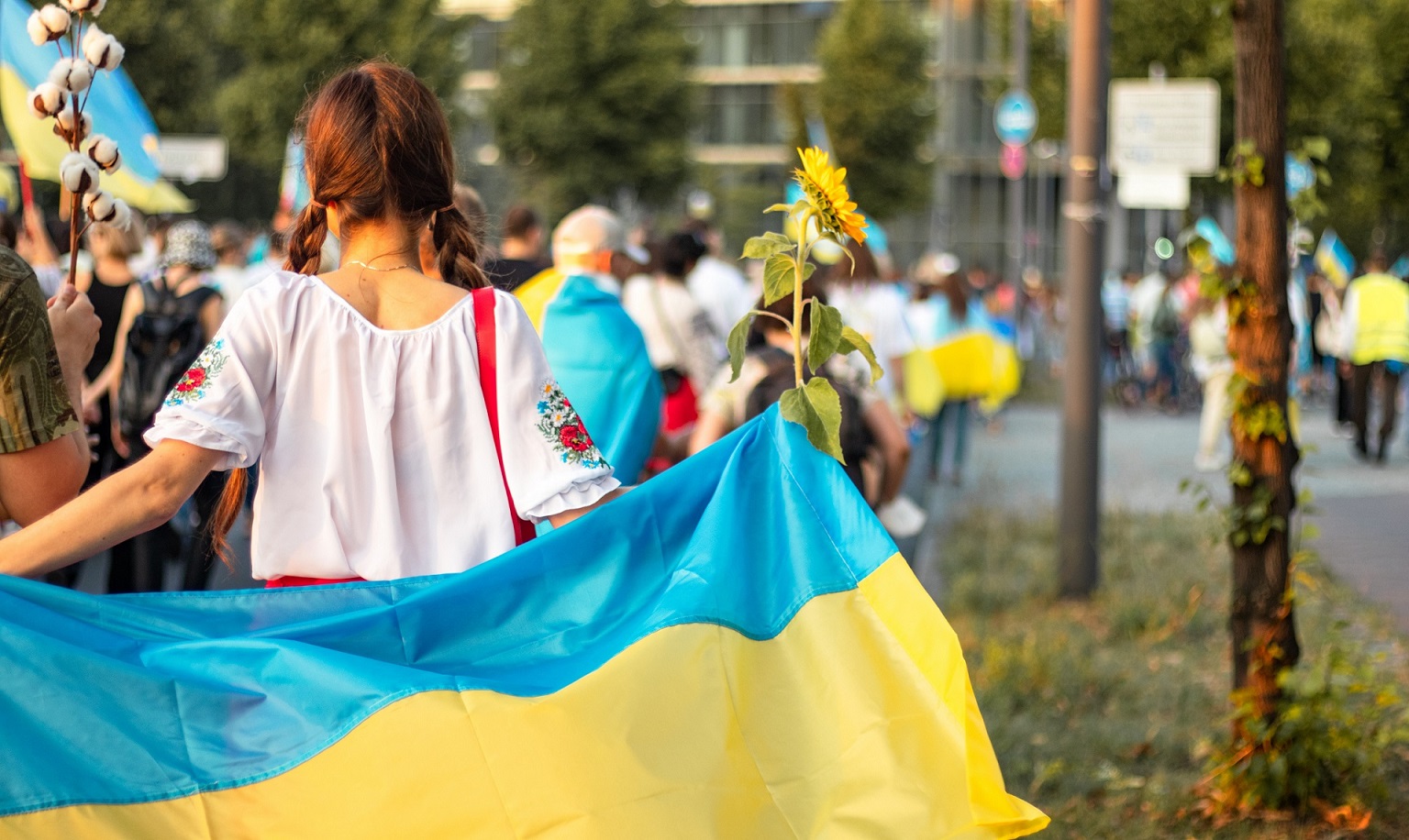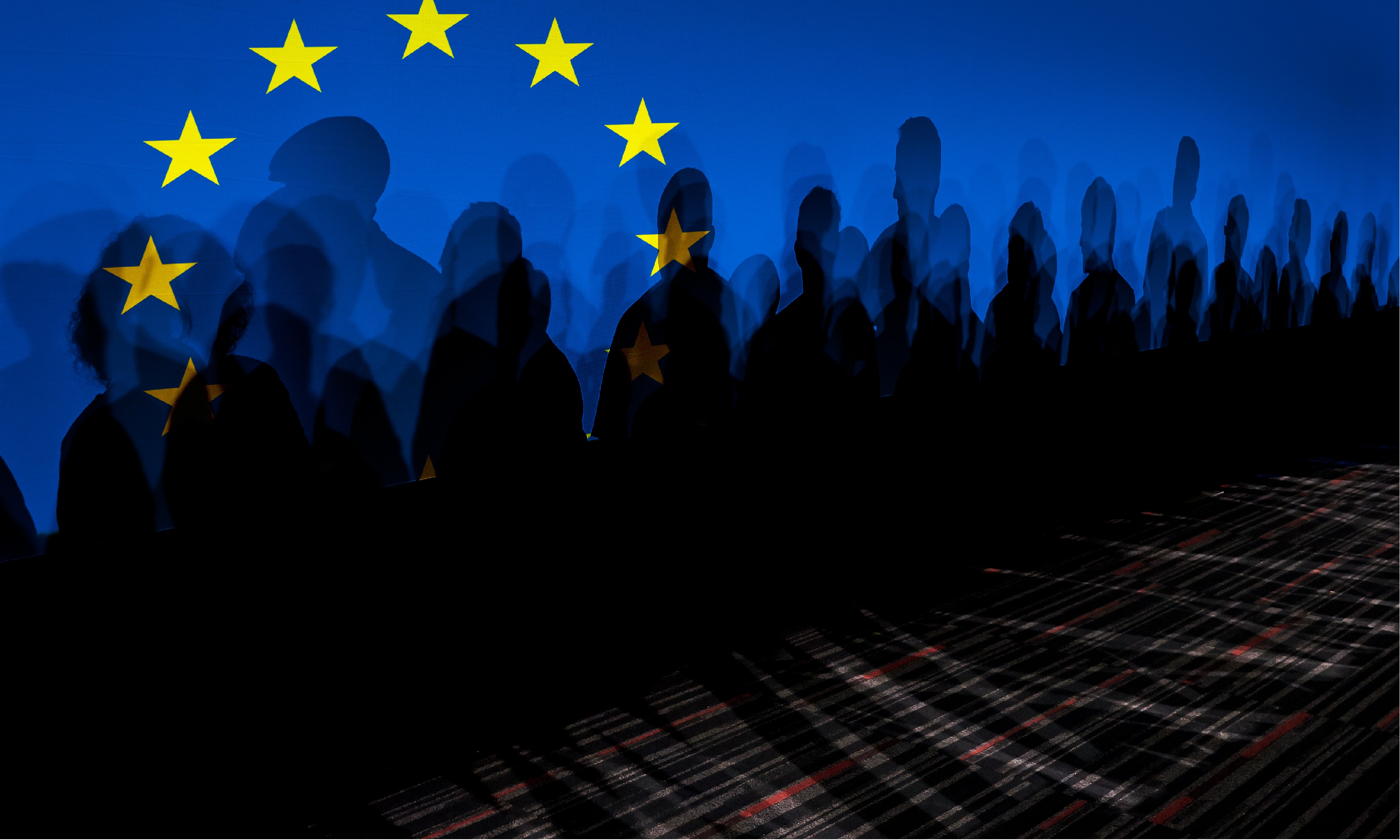Europe
In the first half of 2024, European democracy has been influenced by varied responses to migration challenges, gender equality reforms, and difficulties in balancing adherence to democratic principles with governance challenges. Alongside 14 national elections, the region hosted the world's only direct elections for a transnational assembly, with millions of EU citizens voting for the European Parliament. Nine national elections are scheduled for the latter half of the year.
Looking ahead, it will be important to watch efforts to enhance participatory democracy across Europe, as well as approaches to immigration and questions of identity.
Emerging patterns
Representation
The first half of the election super-cycle year in Europe has been marked by diverse attempts to reshape the electoral playing field. Moldova introduced overseas postal voting, while the United Kingdom expanded diaspora voting rights. Latvia criminalized the use of election-related deep fakes in an effort to mitigate the impacts of disinformation. At the same time, however, governments are struggling to balance inclusion and security in the face of Russia’s continuing war of aggression in Ukraine. In Moldova, the Court ruled that a ban on pro-Russian Shor Party members was unconstitutional, but draft legislation in Ukraine proposed indefinite restrictions on members of banned parties with links to Russia.
There were 14 national elections in Europe in the first half of the year. Voter turnout was particularly notable in Croatia’s parliamentary elections, where it increased to 62.3 per cent, up from 46.9 per cent in the 2020 elections. In the countries that held parliamentary elections, average female representation declined slightly from 37.7 per cent to 35.0 per cent while North Macedonia and Iceland elected women presidents. Roughly half of the elections to date have resulted in a transfer of power.
Elections were also held across the 27 EU member states for representatives of the European Parliament.
Rights
Over the past six months, European countries’ performance in Rights has been notably dynamic, with especially significant developments in Social Group Equality and Gender Equality.
Immigration has prompted varying responses, revealing the continuing struggles to effectively deal with the political, economic and social repercussions. Italy approved the transfer of asylum seekers to detention centers in Albania, while France made it easier to deport individuals who are deemed a threat to public order. At the same time, the Supreme Court in Italy ruled that sending sea migrants back to Libya is illegal, and in Spain, returns of migrant children to Morocco in 2021 were also ruled illegal. Germany passed breakthrough legislation in this regard, with new laws to attract skilled labour and to reform citizenship rules, reducing the time to obtain citizenship and allowing dual citizenship.
Meanwhile, Sweden's amendments to the Police Act, granting police special powers to search for weapons and dangerous objects, have raised ethnic profiling concerns. Also in Sweden, masked men attacked an anti-fascist political meeting, while in Ireland, hostility toward asylum seekers increased, including through arson attacks. At the regional level, the European Court of Human Rights upheld a racial profiling complaint by a Swiss citizen.
Gender equality has also been in the limelight. The Istanbul Convention entered into force in Latvia, and subsequent amendments to the criminal law introduced harsher penalties for domestic violence. France enshrined the right to abortion in its Constitution and Denmark extended the period during which abortions are permitted. Gender identity laws were liberalized in places like Czechia, Germany and Sweden, which facilitated legal gender changes. Greece legalized same-sex marriage, while Czechia recognized same-sex 'partnerships.'
In contrast, in Russia, police raided and shut down private events and LGBTQIA+ bars and clubs to enforce the Russian Supreme Court’s ban on the ‘International LGBT Movement’, an organization that does not exist, on grounds of ‘extremism.’ In Georgia, the ruling party introduced draft amendments that would significantly curtail LGBTQIA+ rights.
Rule of Law
The balance of power between branches of government in countries across Europe has been contested over the past six months. In Croatia, President Zoran Milanović defied the Constitutional Court’s ban on his candidacy for Prime Minister, and in Türkiye, May Day celebrations were banned despite a court ruling that such a ban is unconstitutional.
Tests of Judicial independence have also occurred in Moldova, where half of the judges on the Chisinau Court of Appeals opted to resign rather than face an examination of their personal finances. Slovakia closed its Special Prosecutor’s Office after penal code reform, dismantling checks and balances and weakening the judiciary.
Courts are still facilitating accountability, though. Vienna’s Criminal Court found former Austrian Chancellor Sebastian Kurz guilty of providing false statements to a parliamentary inquiry into alleged corruption in his first term in government. Governments in Norway and Poland have introduced legislation aimed at protecting judicial independence, particularly to ensure impartial judicial appointments and defend judges from abusive disciplinary practices. In Spain, the government and opposition parties reached an agreement to renew the judicial service commission, ending a five-year stalemate.
One of the most shocking events took place in Slovakia, where Prime Minister Robert Fico was critically injured in a shooting in May, raising concerns about the polarization of politics. Political violence in Russia and Serbia has become less discrete and more severe, undermining judicial processes and taking aim at opposition leaders. On the other hand, reforms in Bosnia and Herzegovina targeting organized crime, terrorism and money laundering were among the key advances that led the EU to agree to open accession negotiations in March.
Participation
In Participation, there was only one positive development in Latvia, where legislative changes require NGOs to indicate the nature of their operations to government authorities. The changes are designed to help authorities identify areas of vulnerability in civil society, as well as to dissolve inactive NGOs which can be used as ‘shell organizations’ for money laundering or terrorist financing.
In Cyprus, the office of anti-racism NGO Kisa was attacked with an improvised explosive device, destroying windows, computers and archives. Kisa criticized Cypriot authorities for undermining the organization’s legitimacy, including by removing Kisa from the register of associations in 2020, and failing to investigate previous threats against the organization and its staff.
A worrying pattern is emerging in Eastern Europe, where Russia’s crackdown on civil society intensified and people mobilizing against Georgia’s ‘foreign agents’ bill were harassed and attacked.
The initial reversal of democratic contraction in Poland should be closely observed, amid reports of political conflict between the government and the President weakening the executive, alongside the new government’s efforts to bring forth significant reforms. It will also be important to watch Ukraine and Moldova for developments related to bans on parties associated with Russia.
Going forward, particularly in light of the new EU migration rules, it will be important to watch how immigration and questions of identity intersect with politics, and how governments tackle security challenges while safeguarding human rights. Similarly, attention should be given to concerns about the representation of the Indigenous Kanak people in the French territory of New Caledonia following recent riots.
It will be crucial to watch if the momentum in Gender Equality continues, particularly with regard to reproductive rights and transgender rights. Efforts in Georgia to amend the Constitution to ban sex changes will be particularly important to watch.
Finally, there are early signs of efforts to strengthen participatory democracy in Cyprus, including a bill allowing members of the public to submit legislative proposals to the Parliament, and in Sweden, which conducted its first national citizens’ assembly on climate change.
Guest Blog
Out of mind, out of sight - Freedom of the press and speech in South Caucasus and Türkiye
READ MOREFactors of Democratic Performance
Scores represent regional averages in 2024.
*Data represents an average of the entire region
Number of events reported
See the most frequently impacted categories of democratic performance over the last six months
Most impacted factors of democracy
| Political Equality |
|
39x |
| Civil Liberties |
|
24x |
| Predictable Enforcement |
|
22x |
Critical Events
- Slovakia - June 2024 | Parliament approves law to abolish current public broadcaster
- Slovakia - May 2024 | Prime Minister Robert Fico shot while greeting supporters
- Georgia - April 2024 | Return of ‘foreign agents’ bill sparks massive protests
- Georgia - March 2024 | Electoral changes go through over presidential veto
- France - February 2024 | France enshrines the right to abortion in the Constitution
- North Macedonia - January 2024 | Parliament agrees on caretaker government; elects first-ever ethnic Albanian PM
Specially Tagged Events
Democracy Notes
Archive
See past regional pages or use the archive to design a customized search to find exactly what you are looking for.
